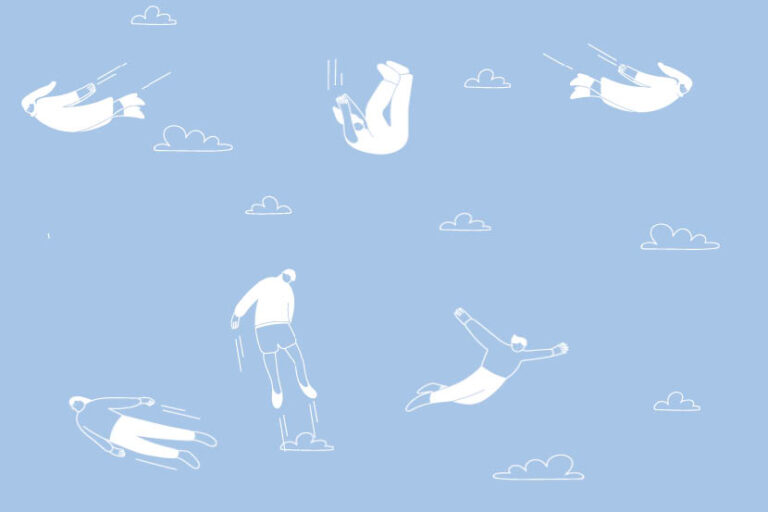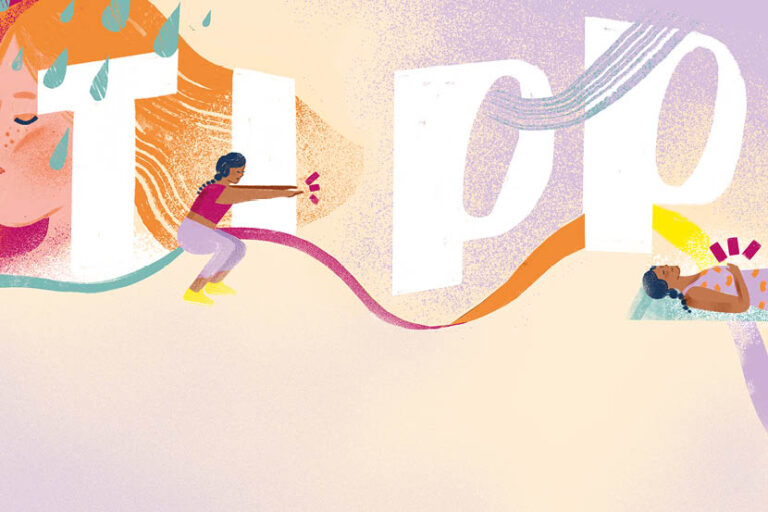
How an ancient Greek myth could help us to explore, challenge, and reframe expectations in the modern world
As love stories go, the tale of Pygmalion, craftsman and King of Cyprus, is pretty extraordinary. It’s not every day, after all, that a sculptor’s hand-crafted statue comes to life and lives happily ever after with its adoring creator. Such is the way in this Greek myth (and the 1913 play by George Bernard Shaw), however, where the goddess Aphrodite paves the way for the romance after recognising Pygmalion has fallen deeply in love with his carving and granting his deepest desire that they be together.
Today, the story also resonates in the realm of reality, where its name is used to describe a psychological phenomenon where people’s expectations can influence their own and others’ behaviour – witness the Pygmalion effect.
Real-world effects
The term was coined in the 1960s when psychologists Robert Rosenthal and Lenore Jacobsen investigated whether students’ achievements could be affected by teachers’ expectations. In the California-based study, schoolchildren were given intelligence tests. The teachers were then given the names of those who were said to have performed well and showed exceptional potential, when in fact they had been selected at random.
Eight months after the initial assessment, the students were tested again, with the randomly selected pupils scoring significantly higher. The results appeared to suggest that the teachers’ expectations had affected their behaviour towards the “gifted” students, perhaps paying them more attention because they thought they were more intellectually able, and taking more time to explain things when they made mistakes.
But how does this phenomenon manifest in a non-academic setting? Could it be that when we expect someone to behave in a particular way that we subconsciously treat them in a fashion that makes those actions more likely? In other words, can our beliefs and expectations influence relationships with family, friends, colleagues, and perhaps even strangers? While the methods and results of this initial study have long been critiqued, the effect of expectation having some determination over outcome has been seen in other situations.
Imagine you’ve made dinner plans with a friend – the restaurant, day, and time have all been agreed. Based on the Pygmalion effect, the expectation that your friend will arrive on time is likely to subconsciously keep you on schedule. When you get to the venue on time this, in turn, will probably encourage your dinner companion to be punctual on future dates. The example can also work in reverse.
If you believe your friend will be late, you might make less of an effort to be on time, which could make them less concerned about their punctuality when you next meet. Their apparent inattention to timekeeping then reinforces your initial belief. The idea behind the Pygmalion effect isn’t to justify or excuse behaviour, but to illustrate that a person’s expectations have consequences, which depend on the nature of their own beliefs.
Expectations of the self
While the phenomenon is often seen in relation to an individual anticipating another’s behaviour, it can also affect the expectations that someone has for themselves. Confidence and personal development coach Patrycja Skurzak explains, for example, how holding yourself to an impossibly high standard can negatively affect motivation, bring general dissatisfaction in life, and lower self-esteem. ‘What I see over and over again,’ she says, ‘are people who have unrealistic personal expectations.
This means they set unattainable goals and then belittle themselves for not meeting them. It’s one of the main obstacles when trying to build healthy self-esteem.’ In other words, it’s fine to have high standards, but only if they’re objective and realistic. If those expectations are improbable or unworkable, it’s possible that they might act as a deterrent and prevent someone from even attempting to reach them.
The Pygmalion effect can also be used to explain emotional responses, some of which will be more understandable than others. According to R Jay Wallace, author, and professor of philosophy at the University of California, Berkeley, expecting someone to behave in a certain way could also come with a belief that if those person’s actions don’t fit in with what is anticipated, then there’s a right to react in a certain way. If we return to our dinner example, the punctual party would deem it appropriate to be angry or upset if their companion turned up 20 minutes late, believing they have the right to respond in such a way. They might also hope their reaction would make their friend think twice before turning up late in future.
Looking inwards
Patrycja highlights, however, that dissatisfaction with another person’s behaviour can also illuminate areas of one’s own life that might benefit from attention. ‘When we don’t like something in others and expect them to be in a certain way, it often indicates what we dislike in ourselves or what we identify as something we can’t give to ourselves,’ she says. ‘For example, if we expect a partner to give us security and stability, it might be that we are uncertain of our own ability to create a secure and stable environment. ‘In this case, it’s no longer about others not meeting your expectations, but self-limiting beliefs that might hold you back.’
She adds that the Pygmalion effect has the potential to become negative when expectations are based on others meeting subjectively created standards of what to do or how to be, as that can detract from – or even disguise – the real reasons behind frustration and dissatisfaction. An effective first step towards greater self-awareness can be recognising that our expectations are subjective beliefs. This could make it less likely that they’ll be used to control or judge others, or be seen as an excuse to justify any self-limiting beliefs. Persistent feelings of resentment, disappointment, or a sense of having been let down by others or yourself could be a sign that personal expectations are out of kilter with reality or an indication of low self-confidence.
Reframing beliefs
Beliefs towards yourself and others do not have to remain static. Here, Patrycja suggests a few techniques to help reframe them.
Conduct a reality check
Ask yourself these questions:
- In what areas of life do I hold unrealistic expectations and what impact do they have on me and my relationships?
- Where do my expectations come from – family, friends, or past experiences?
- Are they linked to my values or my insecurities?
- What would change if I let go of those expectations and what is stopping me from letting them go now?
Shift your focus
Instead of anticipating certain outcomes, concentrate on areas within your control and practise letting go of those that can’t be influenced. Patrycja says: ‘A good way to manage expectations is to learn how to surrender to what you can’t control and focus on what you can instead. For example, instead of expecting everyone to be easy-going, try looking at your own reactions when dealing with challenging people.’
Get clear on personal boundaries and needs
Instead of creating expectations for others’ behaviour or attitudes, focus instead on defining and announcing your values and personal needs. You could ask yourself the following:
- What is it that I value and want more of in life?
- What behaviour, actions, and language are in line with this desire?
- Why do I feel negative emotions towards a specific situation or behaviour?
Patrycja suggests that people who have clear answers to these questions are more likely to be in a position to lead by example. The Pygmalion effect, which stems from a tale of love and dedication, suggests expectations for both ourselves and others can influence what happens next. And while some might question the hypothesis, it can nonetheless encourage self-reflection and a greater appreciation of how our personal values affect the lives of those around us.
If nothing else, Pygmalion is a reminder that we can learn to be the sculptor of our own lives.


















